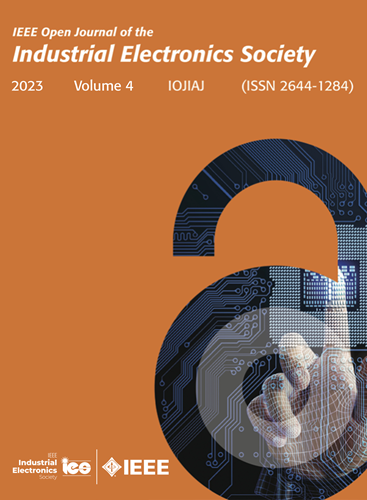Hybrid Model Predictive Control Framework for Efficient Operation of a Five-Port Converter Interfaced DC Microgrid
IF 7.2
1区 工程技术
Q1 AUTOMATION & CONTROL SYSTEMS
引用次数: 0
Abstract
In this article, a hybrid model predictive control (MPC) based novel energy management framework for a dc microgrid is proposed to efficiently manage power sharing among photovoltaic (PV) source, battery, fuel cell, and supercapacitor while meeting critical load demand and satisfying operational constraints. In particular, the proposed framework mitigates certain practical operational challenges of the fuel cell and the electrolyzer, as laid down by the manufacturers. Instead of using multiple converters, a multiport converter topology is utilized for integrating the distributed energy resources (DERs) due to fewer conversion stages, compact size, cost-effectiveness, and ease of control. For smooth operation of the multiport converter, a hierarchical control unit is developed to coordinate with the hybrid MPC based supervisory controller and proportional–integral (PI) compensator based local controllers. Finally, a五端口变换器接口直流微电网高效运行的混合模型预测控制框架
本文提出了一种基于混合模型预测控制(MPC)的新型直流微电网能量管理框架,以有效管理光伏电源、电池、燃料电池和超级电容器之间的电力共享,同时满足临界负荷需求和运行约束。特别是,拟议的框架减轻了燃料电池和电解槽的某些实际操作挑战,正如制造商所规定的那样。由于转换阶段较少,尺寸紧凑,成本效益高,易于控制,因此采用多端口转换器拓扑来集成分布式能源(DERs),而不是使用多个转换器。为了保证多端口转换器的平稳运行,设计了一种分层控制单元,与基于MPC的混合监控控制器和基于比例积分(PI)补偿器的局部控制器相协调。最后,将五端口变换器的实验室样机与实际DERs集成。通过实验案例研究证明了所提出的能源管理框架的有效性,这些实验案例研究旨在创建具有挑战性的场景,例如由于随机光伏发电和负载导致的大功率不匹配。
本文章由计算机程序翻译,如有差异,请以英文原文为准。
求助全文
约1分钟内获得全文
求助全文
来源期刊

IEEE Transactions on Industrial Electronics
工程技术-工程:电子与电气
CiteScore
16.80
自引率
9.10%
发文量
1396
审稿时长
6.3 months
期刊介绍:
Journal Name: IEEE Transactions on Industrial Electronics
Publication Frequency: Monthly
Scope:
The scope of IEEE Transactions on Industrial Electronics encompasses the following areas:
Applications of electronics, controls, and communications in industrial and manufacturing systems and processes.
Power electronics and drive control techniques.
System control and signal processing.
Fault detection and diagnosis.
Power systems.
Instrumentation, measurement, and testing.
Modeling and simulation.
Motion control.
Robotics.
Sensors and actuators.
Implementation of neural networks, fuzzy logic, and artificial intelligence in industrial systems.
Factory automation.
Communication and computer networks.
 求助内容:
求助内容: 应助结果提醒方式:
应助结果提醒方式:


